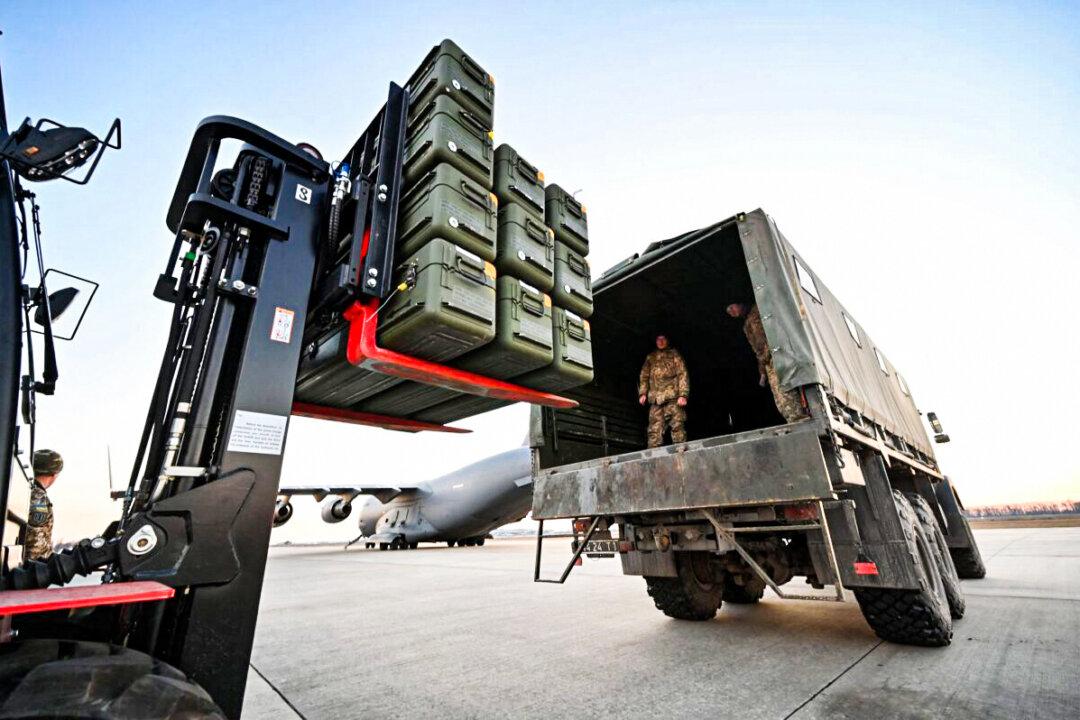Taiwan has planned to increase its procurement of short-range Stinger missiles from the United States to boost its defense capabilities amid communist China’s ongoing military threats, according to the island’s defense ministry.
In a recent budget report, the ministry stated its aim to procure 1,985 Stringer missiles, in addition to the 500 missiles already ordered for its navy and army, local media outlet Liberty Times reported on Sept. 1.
According to the report, the ministry has received approval from the U.S. government for its revised order, raising the value of the arms sales from NT$13.37 billion (about $417 million) to NT$69 billion (about $2.15 billion).The revised order will also include 549 launching systems and 549 sets of Identification Friend or Foe transponders for the Taiwanese army, which are expected to arrive by 2031.





